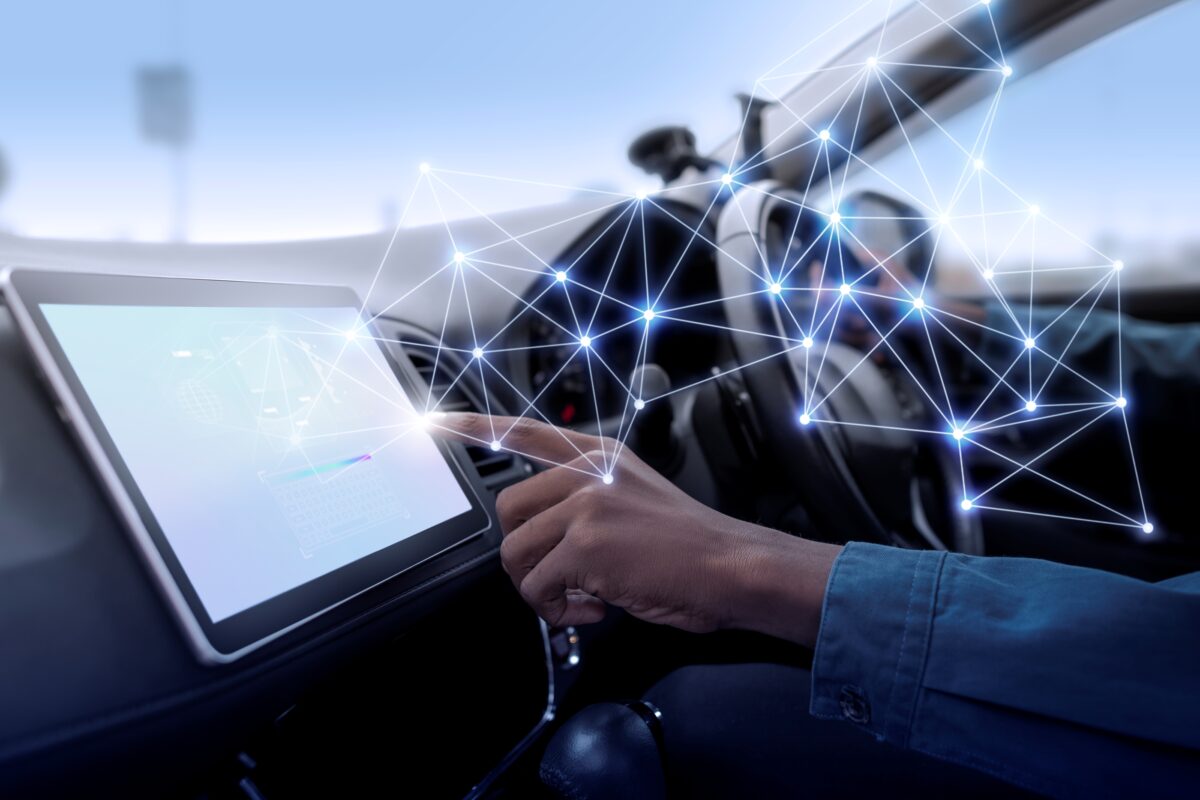Generative AI is a form of Artificial Intelligence that can produce text, image, audio, video and varied form of content based on its training data. Generative AI refers to deep-learning models which learn from the training data and create new data instances that mimic the properties of input data.
Generative AI powered by large language models, have revolutionized the way we access knowledge. Gen AI’s technical capability to predict patterns in natural language and use it dynamically is having an impact on every sector of society.




